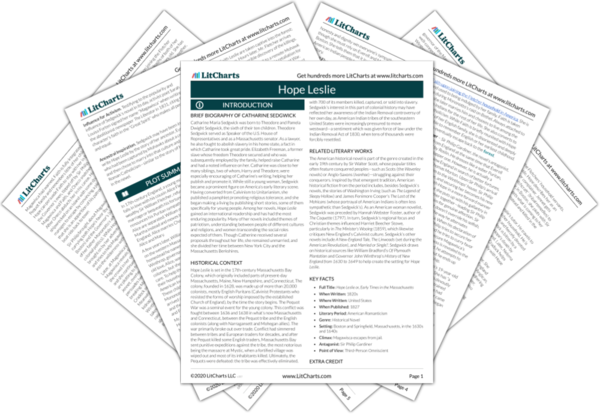The last loose strands of the story are tied up as Everell’s and Hope’s union becomes possible, thanks to Esther’s unselfishness. Esther, despite being perhaps the meekest character in the story, finds a voice as well, even if it’s quietly voiced in her absence, and even if her primary action is to remove herself from a situation, at the cost of her own happiness.
